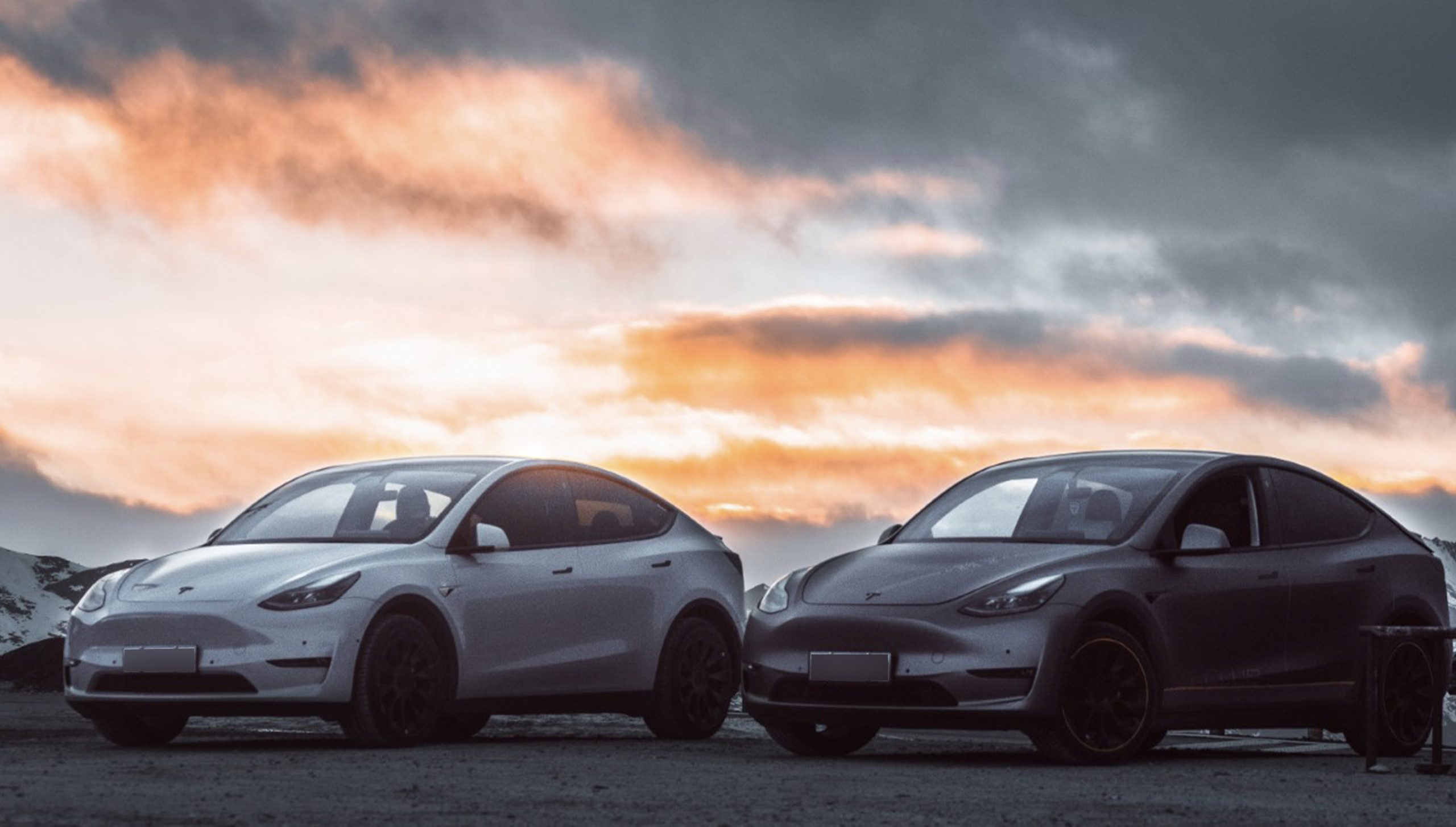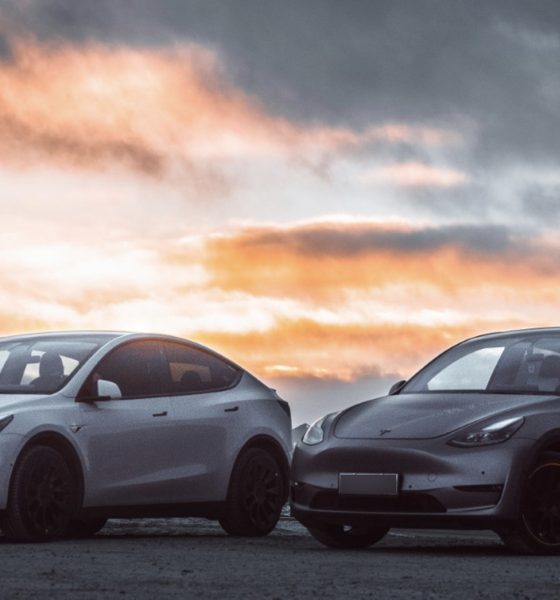Tesla has lost one of the key executives it hired to handle business in India after the company’s plan to enter the market stagnated due to a disagreement on import duties.
Manuj Khurana, Tesla’s Policy and Business Development executive in India, was appointed in March 2021 and played a crucial part in the company’s domestic market entry strategy. However, Khurana resigned after Tesla and the Indian government could not find common ground on terms that would have brought the electric automaker’s cars to the country. Reuters initially reported the story, citing people familiar with the matter.
For more than a year, Khurana worked with the Indian government to reduce the import tax on electric cars from as high as 100% to 40%, claiming that this would allow Tesla to test the market with imports from its manufacturing centers like China before investing in a factory. Tesla CEO Elon Musk repeatedly pushed for reduced import duties to test demand, but the Indian government would not budge. The government required Tesla to commit to building a manufacturing facility in the country before it would consider reducing import taxes. Tesla wouldn’t take the risk financially.
Tesla argues in a letter to India’s top think tank, Niti Aayog, that cutting imports of fully constructed electric cars to 40 percent would be more acceptable than the present 60 percent rate for automobiles under $40,000 and the 100 duty rate for cars over $40,000.
In July 2021, CEO Elon Musk stated on Twitter that he is likely to open a factory in India if it is successful with imported vehicles. It did not make financial sense for Tesla to commit to a factory worth potentially hundreds of millions of dollars without first testing vehicle demand.
If Tesla is able to succeed with imported vehicles, then a factory in India is quite likely.
— Elon Musk (@elonmusk) July 23, 2021
Prime Minister Narendra Modi’s government wanted Tesla to commit to producing cars in India, as it has focused on revamping domestic manufacturing since funding billions to the Make In India campaign. Tesla put its plans to sell cars in India on hold, shifted some of its domestic staff, and abandoned its search for showroom space due to the standstill in negotiations.
Tesla had a deadline of February 1 to determine if its contributing efforts had yielded results. This is the day India releases its budget and reveals tax revisions.
Some members of Tesla’s small staff in India have been given extra tasks in other regions, the report states. Khurana has been working in a new “product” capacity in San Francisco since March, according to his LinkedIn profile.
I’d love to hear from you! If you have any comments, concerns, or questions, please email me at christine@teslarati.com. You can also reach me on Twitter @Christi86567288, or if you have news tips, you can email us at tips@teslarati.com.

Energy
Tesla Powerwall distribution expands in Australia
Inventory is expected to arrive in late February and official sales are expected to start mid-March 2026.
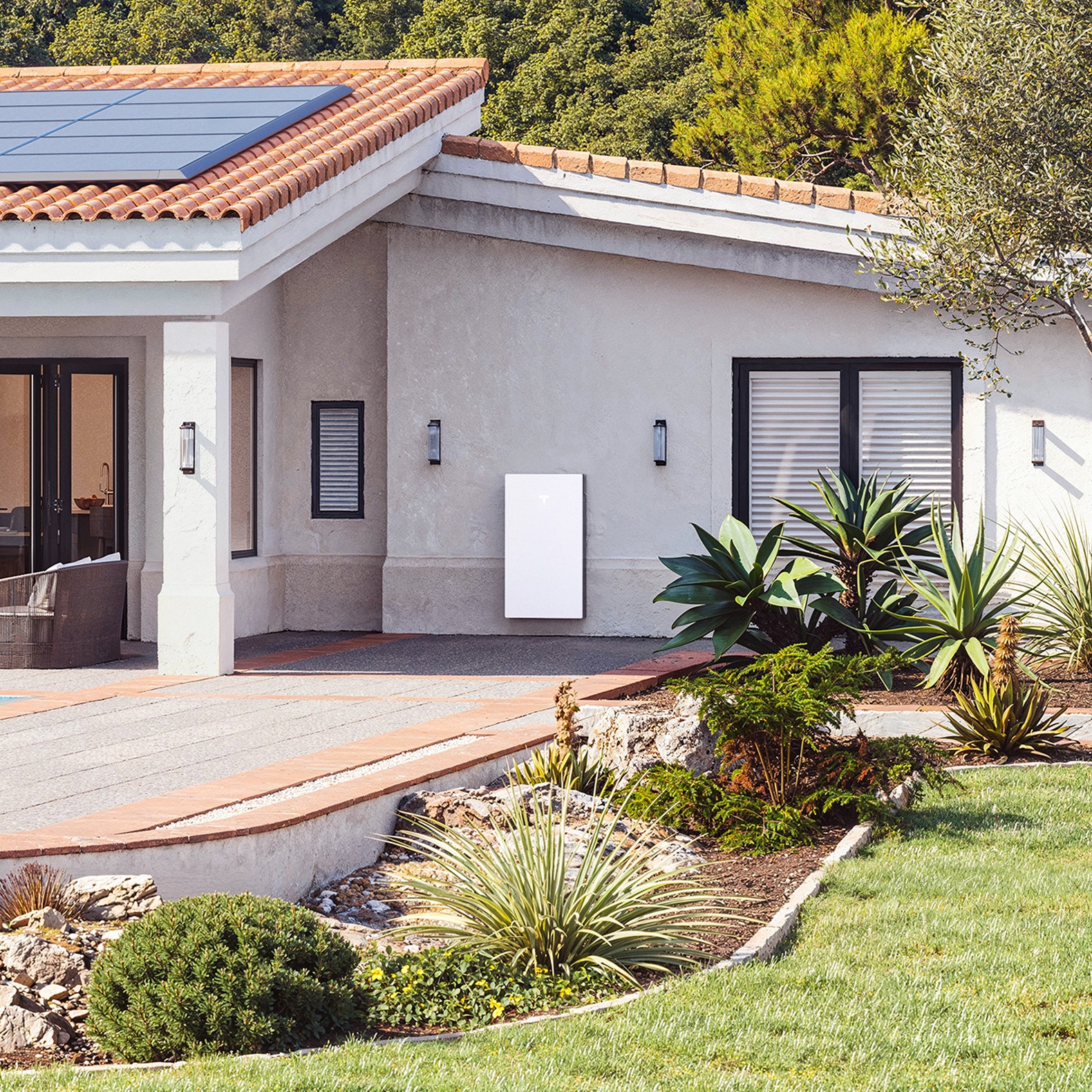
Supply Partners Group has secured a distribution agreement for the Tesla Powerwall in Australia, with inventory expected to arrive in late February and official sales beginning in mid-March 2026.
Under the new agreement, Supply Partners will distribute Tesla Powerwall units and related accessories across its national footprint, as noted in an ecogeneration report. The company said the addition strengthens its position as a distributor focused on premium, established brands.
“We are proud to officially welcome Tesla Powerwall into the Supply Partners portfolio,” Lliam Ricketts, Co-Founder and Director of Innovation at Supply Partners Group, stated.
“Tesla sets a high bar, and we’ve worked hard to earn the opportunity to represent a brand that customers actively ask for. This partnership reflects the strength of our logistics, technical services and customer experience, and it’s a win for installers who want premium options they can trust.”
Supply Partners noted that initial Tesla Powerwall stock will be warehoused locally before full commercial rollout in March. The distributor stated that the timing aligns with renewed growth momentum for the Powerwall, supported by competitive installer pricing, consumer rebates, and continued product and software updates.
“Powerwall is already a category-defining product, and what’s ahead makes it even more compelling,” Ricketts stated. “As pricing sharpens and capability expands, we see a clear runway for installers to confidently spec Powerwall for premium residential installs, backed by Supply Partners’ national distribution footprint and service model.”
Supply Partners noted that a joint go-to-market launch is planned, including Tesla-led training for its sales and technical teams to support installers during the home battery system’s domestic rollout.
Energy
Tesla Megapack Megafactory in Texas advances with major property sale
Stream Realty Partners announced the sale of Buildings 9 and 10 at the Empire West industrial park, which total 1,655,523 square feet.
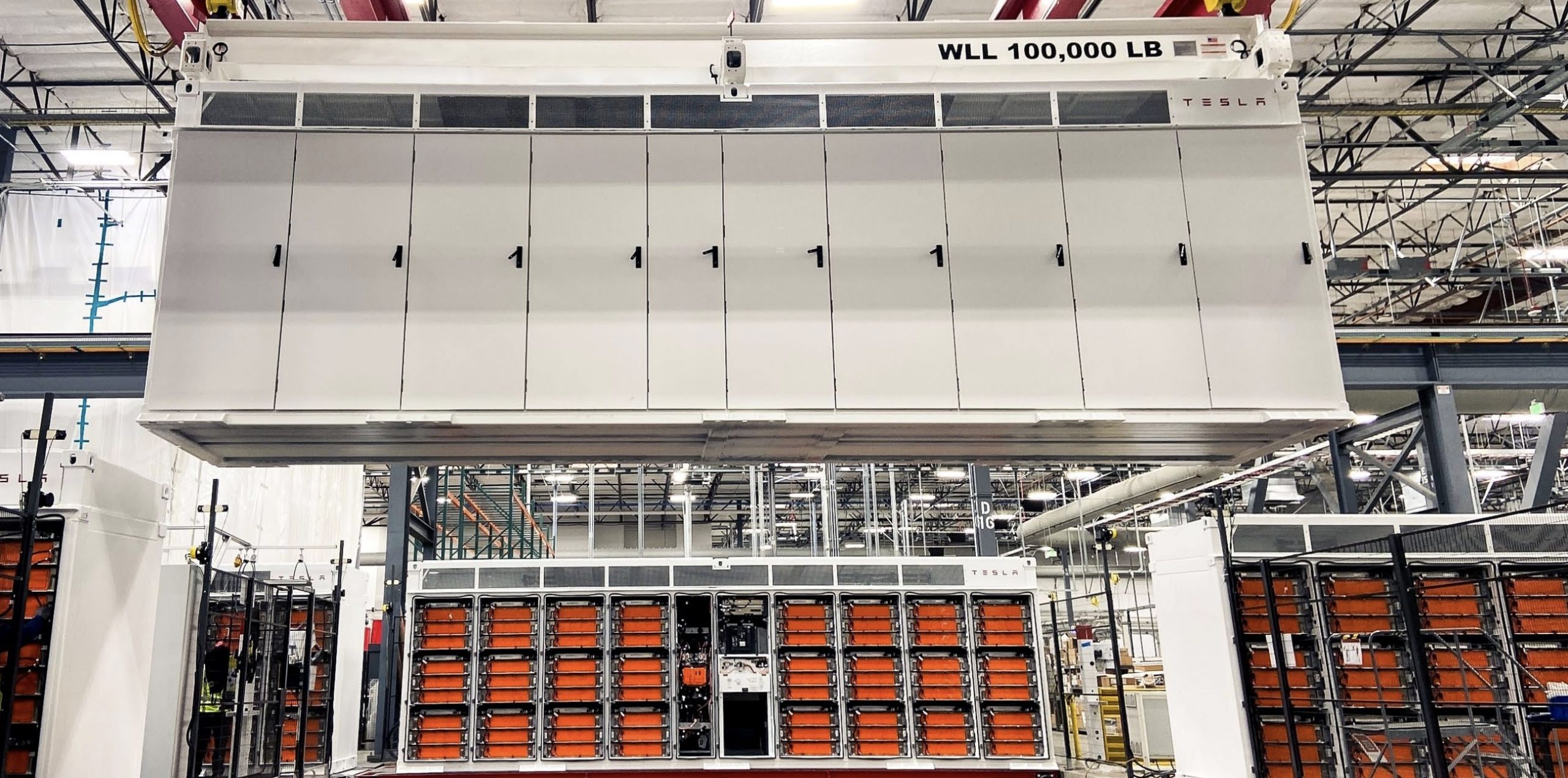
Tesla’s planned Megapack factory in Brookshire, Texas has taken a significant step forward, as two massive industrial buildings fully leased to the company were sold to an institutional investor.
In a press release, Stream Realty Partners announced the sale of Buildings 9 and 10 at the Empire West industrial park, which total 1,655,523 square feet. The properties are 100% leased to Tesla under a long-term agreement and were acquired by BGO on behalf of an institutional investor.
The two facilities, located at 100 Empire Boulevard in Brookshire, Texas, will serve as Tesla’s new Megafactory dedicated to manufacturing Megapack battery systems.
According to local filings previously reported, Tesla plans to invest nearly $200 million into the site. The investment includes approximately $44 million in facility upgrades such as electrical, utility, and HVAC improvements, along with roughly $150 million in manufacturing equipment.
Building 9, spanning roughly 1 million square feet, will function as the primary manufacturing floor where Megapacks are assembled. Building 10, covering approximately 600,000 square feet, will be dedicated to warehousing and logistics operations, supporting storage and distribution of completed battery systems.
Waller County Commissioners have approved a 10-year tax abatement agreement with Tesla, offering up to a 60% property-tax reduction if the company meets hiring and investment targets. Tesla has committed to employing at least 375 people by the end of 2026, increasing to 1,500 by the end of 2028, as noted in an Austin County News Online report.
The Brookshire Megafactory will complement Tesla’s Lathrop Megafactory in California and expand U.S. production capacity for the utility-scale energy storage unit. Megapacks are designed to support grid stabilization and renewable-energy integration, a segment that has become one of Tesla’s fastest-growing businesses.
Energy
Tesla meets Giga New York’s Buffalo job target amid political pressures
Giga New York reported more than 3,460 statewide jobs at the end of 2025, meeting the benchmark tied to its dollar-a-year lease.
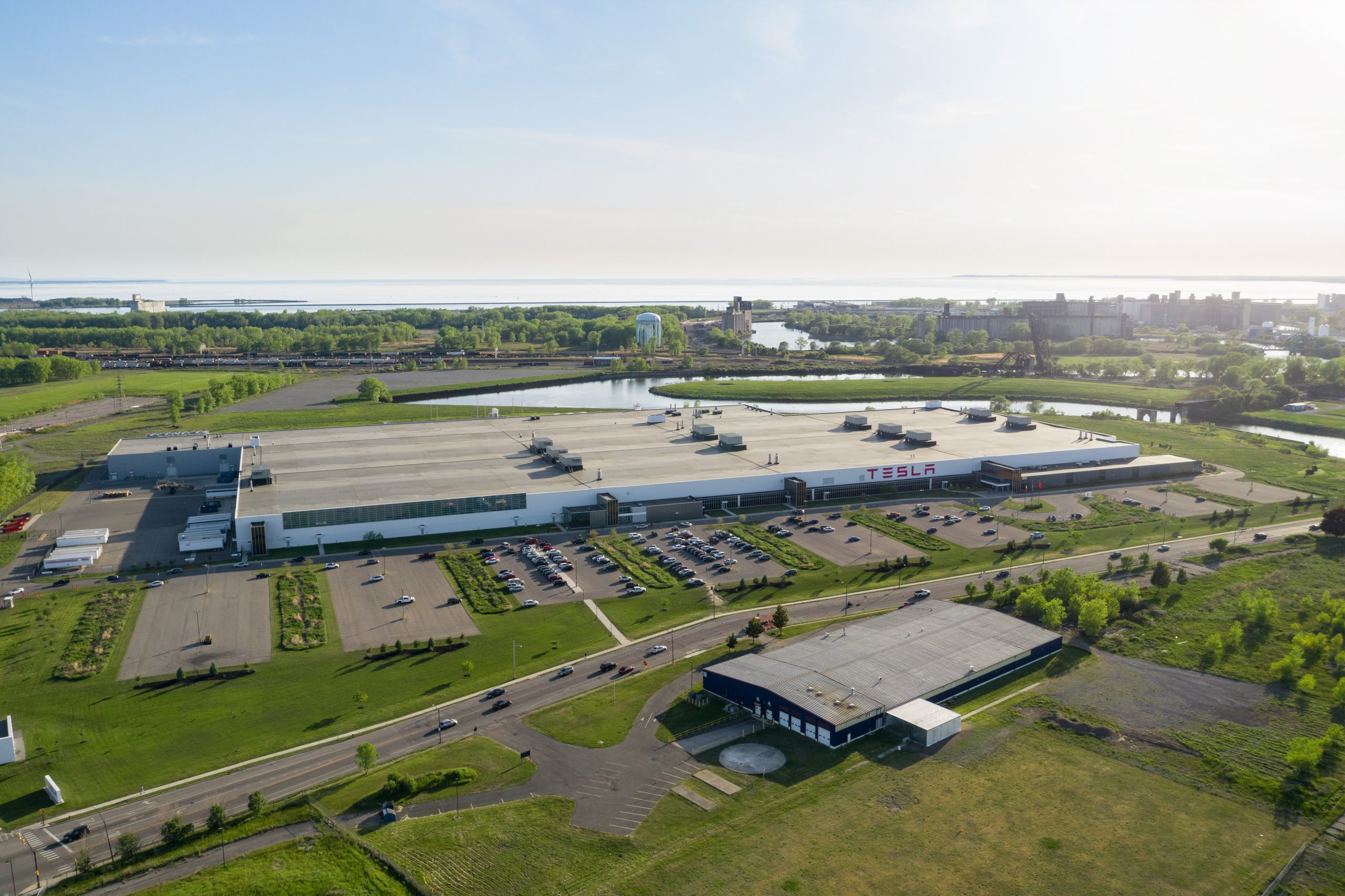
Tesla has surpassed its job commitments at Giga New York in Buffalo, easing pressure from lawmakers who threatened the company with fines, subsidy clawbacks, and dealership license revocations last year.
The company reported more than 3,460 statewide jobs at the end of 2025, meeting the benchmark tied to its dollar-a-year lease at the state-built facility.
As per an employment report reviewed by local media, Tesla employed 2,399 full-time workers at Gigafactory New York and 1,060 additional employees across the state at the end of 2025. Part-time roles pushed the total headcount of Tesla’s New York staff above the 3,460-job target.
The gains stemmed in part from a new Long Island service center, a Buffalo warehouse, and additional showrooms in White Plains and Staten Island. Tesla also said it has invested $350 million in supercomputing infrastructure at the site and has begun manufacturing solar panels.
Empire State Development CEO Hope Knight said the agency was “very happy” with Giga New York’s progress, as noted in a WXXI report. The current lease runs through 2029, and negotiations over updated terms have included potential adjustments to job requirements and future rent payments.
Some lawmakers remain skeptical, however. Assemblymember Pat Burke questioned whether the reported job figures have been fully verified. State Sen. Patricia Fahy has also continued to sponsor legislation that would revoke Tesla’s company-owned dealership licenses in New York. John Kaehny of Reinvent Albany has argued that the project has not delivered the manufacturing impact originally promised as well.
Knight, for her part, maintained that Empire State Development has been making the best of a difficult situation.
“(Empire State Development) has tried to make the best of a very difficult situation. There hasn’t been another use that has come forward that would replace this one, and so to the extent that we’re in this place, the fact that 2,000 families at (Giga New York) are being supported through the activity of this employer. It’s the best that we can have happen,” the CEO noted.
